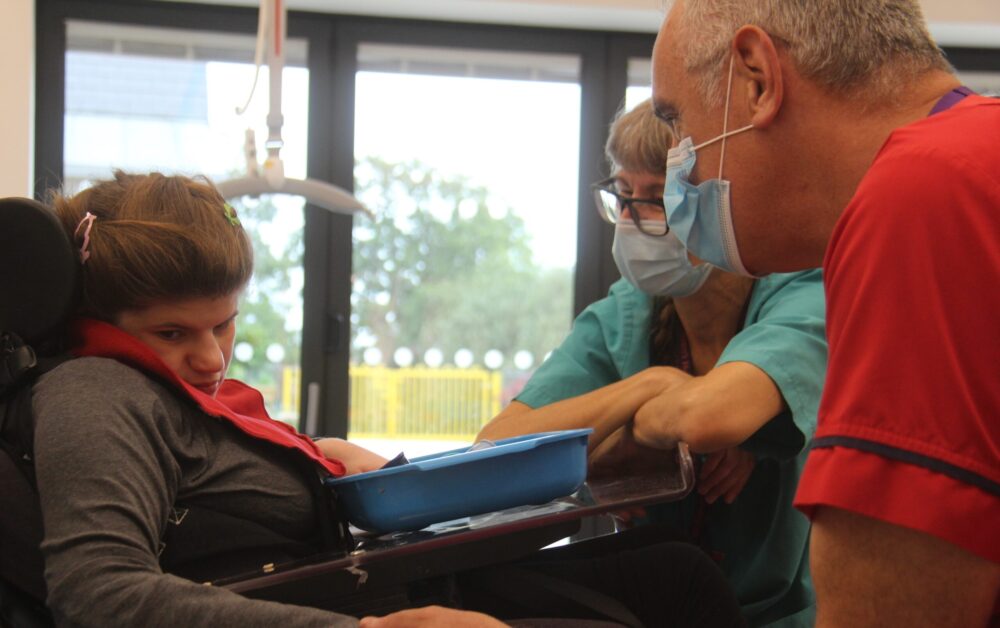New research finds respite care reduces stress and leads to fewer GP visits for parents of seriously ill children, as EACH joins call on ministers to give families a break
October 7, 2020

East Anglia’s Children’s Hospices (EACH) is calling on Chancellor Rishi Sunak to give families of seriously ill children a break. The campaign comes as new research estimates more than one in 10 (11%) parents of children who need respite delivered by children’s palliative care providers, like EACH, would experience significantly less stress and improved mental and physical health if they could access them.
EACH is joining Together for Short Lives and Julia’s House Children’s Hospice in calling on the government to create a ringfenced £434 million grant for local councils to fill the funding gap in social care services for disabled children. The charities state local authorities would be able to use this money to fund short breaks for seriously ill and disabled children equitably and sustainably.
The pressure on families caring for a seriously ill child, with complex needs, is immense. The burden of caring for a child 24/7 and the knowledge your child will die young can be too much to bear, so having access to regular short breaks is vital to relieve this stress, spend time as a family and do the things that other families do. Yet, on average, local authority funding for short breaks for children’s hospices across England was cut by 12 per cent in 2019/20.
Phil Gormley, EACH Chief Executive, said: “The short breaks EACH provides are a lifeline for life-threatened children and families across our region. Parents tell us how important they are to help them recharge their batteries and spend time just being mum and dad, away from the 24/7 caring responsibilities that come with looking after a seriously ill child. The extending pressure of lockdown means these breaks are now more important than ever. We’re incredibly grateful for the vital support we receive from our local community, including great support from one local authority, that helps to fund these breaks. We need the government to step up, though, and make sure all local councils are able to provide funding to sustain regular short breaks for families now and into the future.”
The new research, by Pro Bono Economics in association with volunteers from Compass Lexecon, found that:
- Reduced stress leads to improved physical health among carer parents, which in turn leads to reduced number of GP visits and cost savings for the health system. Demand for GP services declines by eight per cent as a result of an individual moving out of the most stressed category.
- Reduced stress leads to improved mental health among carer parents, which in turn reduces the use of mental health services and the associated costs. Demand for mental health services falls by 49 per cent as an individual moves out of the most stressed category.
- Improved work attendance – this can be measured in reduced number of sick days taken, which ultimately leads to increased productivity and additional tax revenue. For every working parent who experiences a reduction in stress, it is likely this will reduce the number of days taken off work by around two-three days per year.
- Short breaks are also likely to have a positive impact on siblings and reduce the risk of parental relationships breaking up.
Existing legislation and government policy is clear that local councils in England should make sure families can access short breaks, however, too many cannot, which is a serious health inequality.